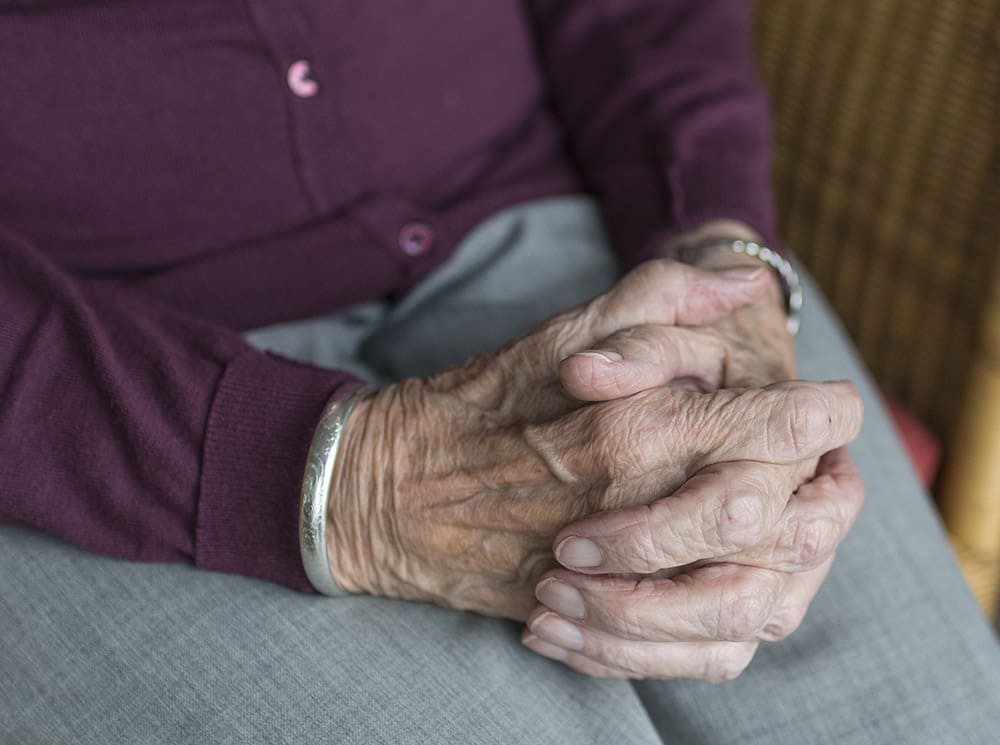Almost 300,000 disabled pensioners relieved from unnecessary PIP reassessments

Announced today by the Department for Work and Pensions (DWP), unnecessary reassessments for Personal Independence Payments (PIP) are being scrapped for around 290,000 disabled pensioners in a complete PIP overhaul.
Work and Pensions Secretary Amber Rudd first announced in March 2019 that people receiving PIP who have reached State Pension age will no longer have their awards regularly reviewed, instead moving to a light touch review at 10 years.
The aim is to stop unnecessary PIP reviews and provide greater support to disabled pensioners.
Amber said: “I want the benefit system to be a source of support for disabled people, not a source of worry. That’s why we’re scrapping needless PIP reassessments for pensioners whose situation is unlikely to change.
“This underlines our commitment to ensuring that the most vulnerable get the support they’re entitled to.”
Light touch reviews will mean pensioners will not be asked to attend a face-to-face assessment unless their needs have changed.
Minister for Disabled People Justin Tomlinson added: “I want to ensure we live in a fair and decent society in which all of us, whatever age or ability, have an equal chance to live a fulfilling life.
“We are committed to ensuring that everyone receives the support they’re entitled to, allowing them to live independently.”
Last month, this improvement was applied to all new PIP claimants who reached State Pension age before their planned reassessment. From today onwards, it will start being applied to existing PIP claimants over State Pension age.
The changes will benefit pensioners whose personal circumstances are unlikely to alter.
Other recent improvements to PIP include trialling the video recording of assessments to improve transparency, avoid unnecessary reassessments and build trust in the process.
PIP was introduced in 2013 to replace the outdated Disability Living Allowance (DLA) system. It provides financial support for elderly and disabled people by assessing the way an individual’s health condition or disability impacts them while completing daily activities, such as cooking, getting dressed or taking a shower.

